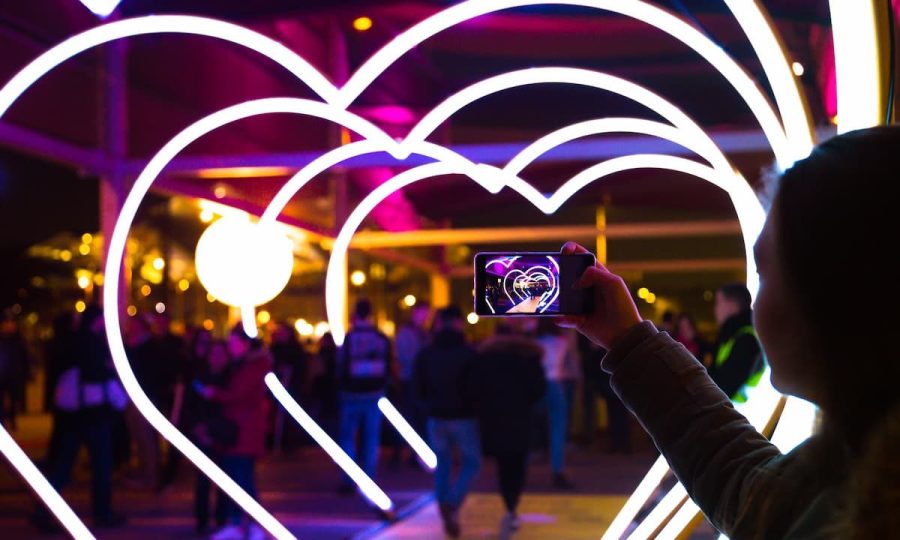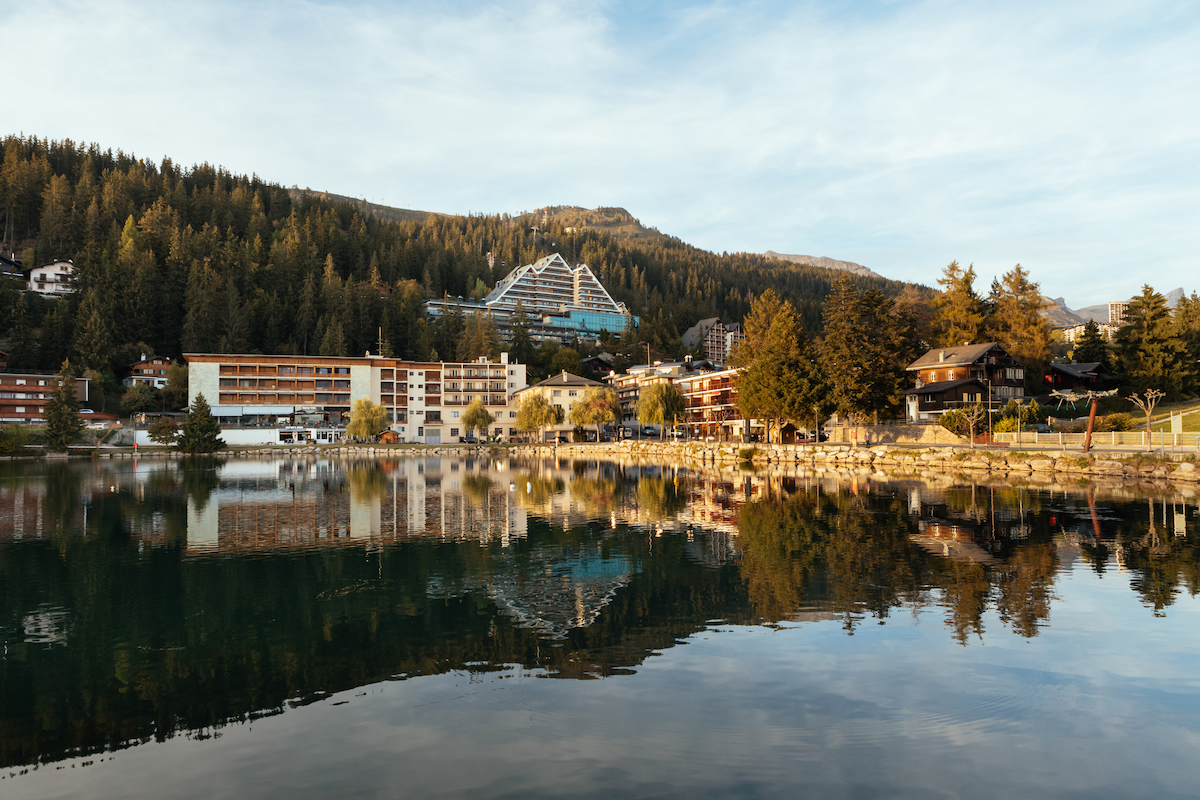Behind the Scenes: The Euros & Large scale events
1st July, 2024
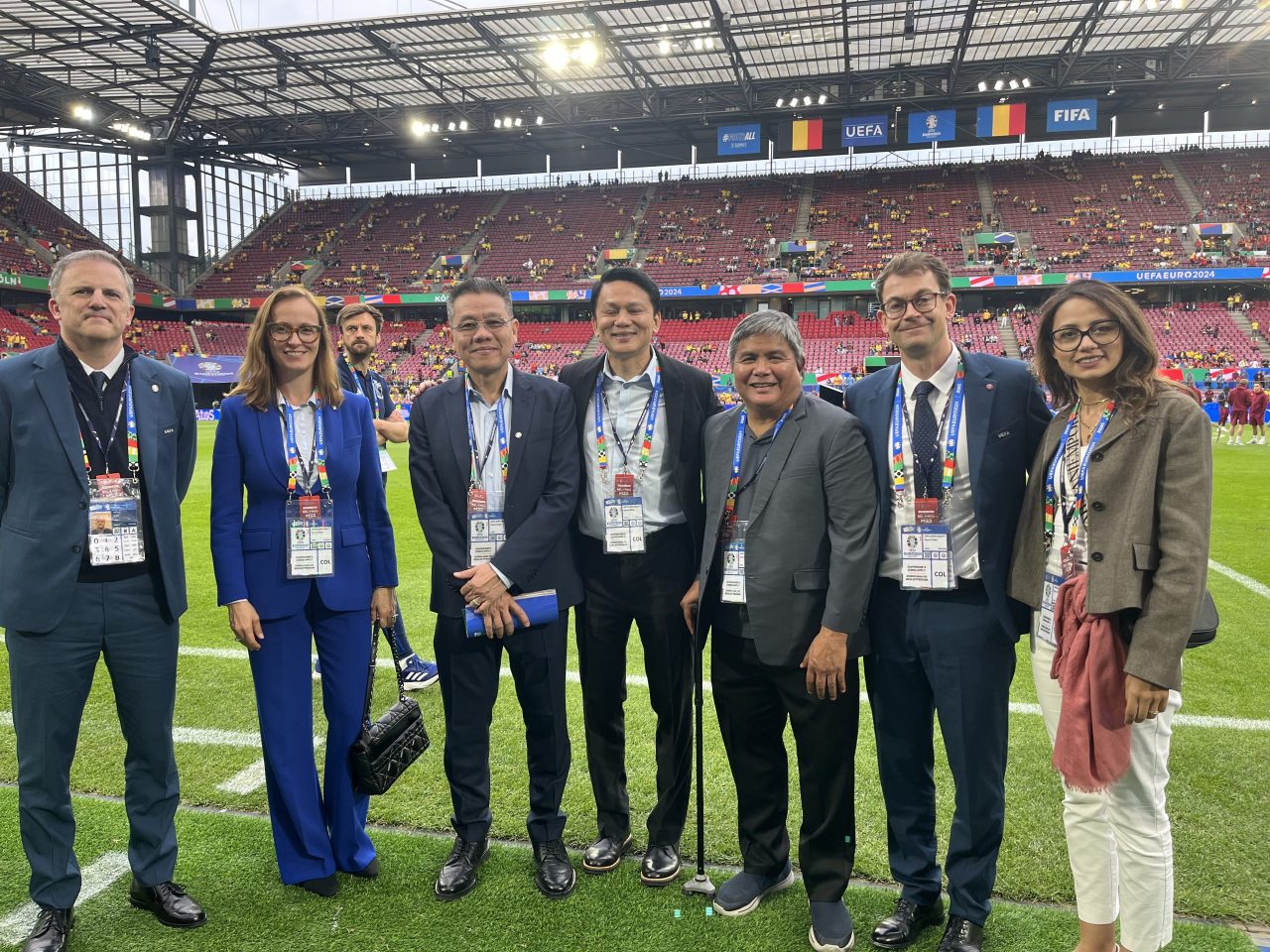
Join Ivana Nobilo, associate professor and program manager at Les Roches, as she explores the enormous effort that goes into planning a large scale event at Euro 2024…
The Euros: hosting an event on the largest of scales
The European Championship (Euros for short) are complex events. It is a collision of the operational, the legal, human resources and commercial. With an estimated 2.5 million tickets available and over 400,000 additional international visitors expected, the logistical and hosting demands are immense.
What are the European Championships (Euros)?
The European Championship, held every four years, is one of the most prestigious and eagerly anticipated football tournaments in the world, it is also a huge hospitality event held on an international scale.
It brings together the best national teams from across Europe to compete for the coveted title, as well as the thousands of passionate fans who travel to support their nation. The 2024 edition, hosted in Germany, promises to be an extraordinary spectacle, drawing worldwide media attention, while also providing a platform for both football and cultural celebration.
The event itself is set to generate a significant economic impact, with an estimated €1.5 billion in revenue expected from tourism alone, including accommodation, dining, and entertainment. The ripple effects on the local economy are profound, with hotels, restaurants, and local businesses experiencing a surge in demand. In Germany, the tournament is expected to generate over 2 million hotel room nights and bring in more than €500 million from tourism alone. That’s a lot of work for hospitality businesses across the country.
On average, during a couple of past UEFA European Championships, over 7 million liters of beer, more than 3 million sausages, 2.5 million burgers, and 1.5 million portions of fries have been consumed. This underscores the significant logistical and supply chain efforts required to cater to such large crowds.
But UEFA aren’t alone in organizing all of this, of course. They have some official partners to help them create the magic. While UEFA is focused and in charge of everything regarding sport, Hospitality Experience Company, for example, is taking care of hospitality packages.

Hospitality Experience Company and logistical expertise at Euro 2024
The whole journey from Switzerland to Germany and back was amazing and flowing, every step of the way. I witnessed a mind-blowing number of details their operational and event team is taking care of. All of their experience in taking care of more than 3000 games per year shined through.
Ivana Nobilo, Associate Professor and Program Manager
How a large scale event like the Euros isn’t just about the football
While the matches are undoubtedly the main attraction, the Euros encompass a wide-range of activities and experiences that cater to the diverse audiences that attend.
The summer tournament is a significant event for the hospitality industry, as it attracts tourists from all over the world, boosting local economies and showcasing the hosts cultural heritage.
From fan zones and concerts to culinary festivals and networking events, the Euros offer something for everyone. For example, fan zones are set up in each host city, providing giant screens for public viewing, entertainment stages and food and beverage stalls. For the duration of the tournament host cities transform into vibrant hubs of activity.
The buzz of a large scale event
It starts from the moment you step out of the airport or train station, where clues can be found in the unique information added to everyday signs, mixed with clever branding and the palpable buzz of something happening. You know exactly where you are and what’s happening.
The excitable mood created by one of the greatest sports events in Europe really pulls you in.
Ivana Nobilo, Associate Professor and Program Manager
When planning a large scale event like the euros – who are the key stakeholders?
As the world’s third largest sports event, the UEFA European Football Championship has the overwhelming ability to awaken emotions, achieve positive change and unite people all over Europe.
The organization of such an event is very complex and only possible if the host is able to provide the relevant infrastructure (state-of-the-art Stadiums, sufficient and appropriate accommodation facilities, efficient public transport system, etc.) and to satisfy the demands of all relevant stakeholders, such as participating teams, supporters, the UEFA family, media, broadcast partners, sponsors, volunteers, and government authorities.
Learn more about events
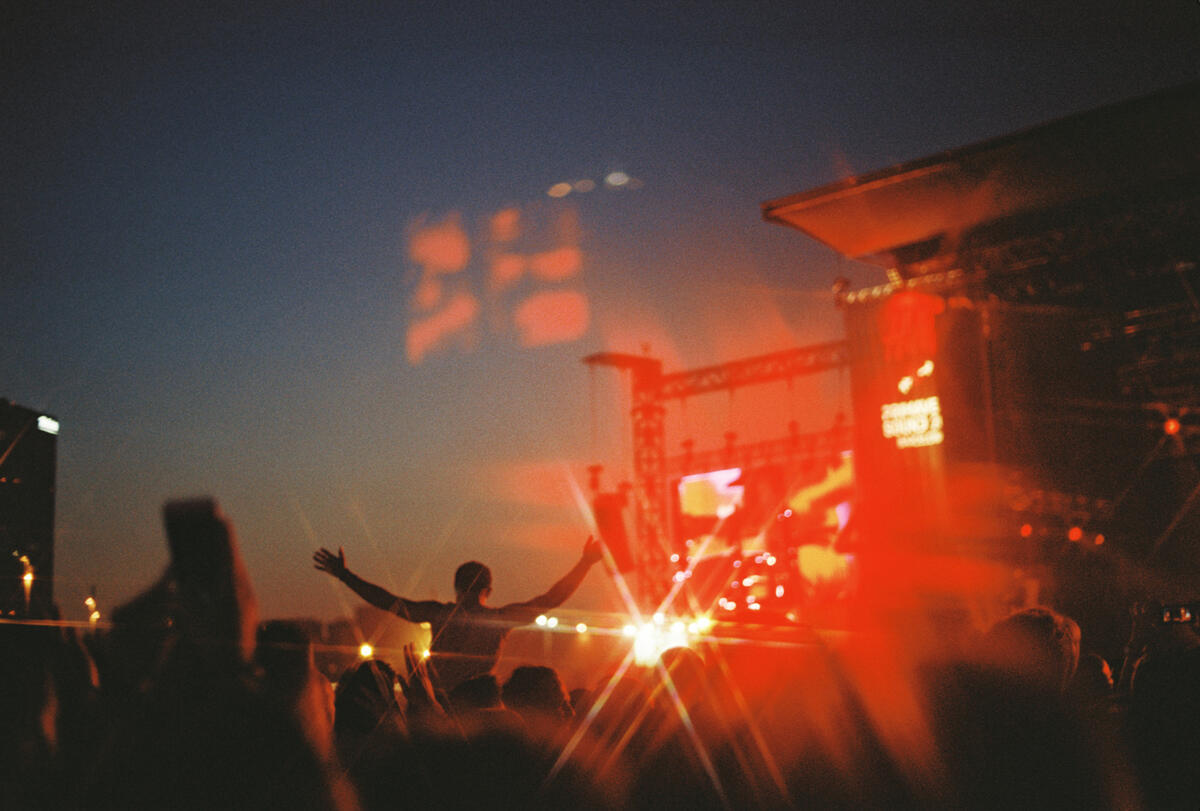
Hospitality Careers

Industry News
Become a master in sports management. Explore economics, brand strategy, and international event management from the very best
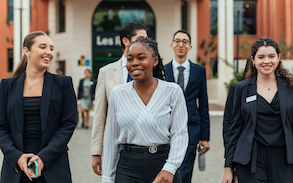
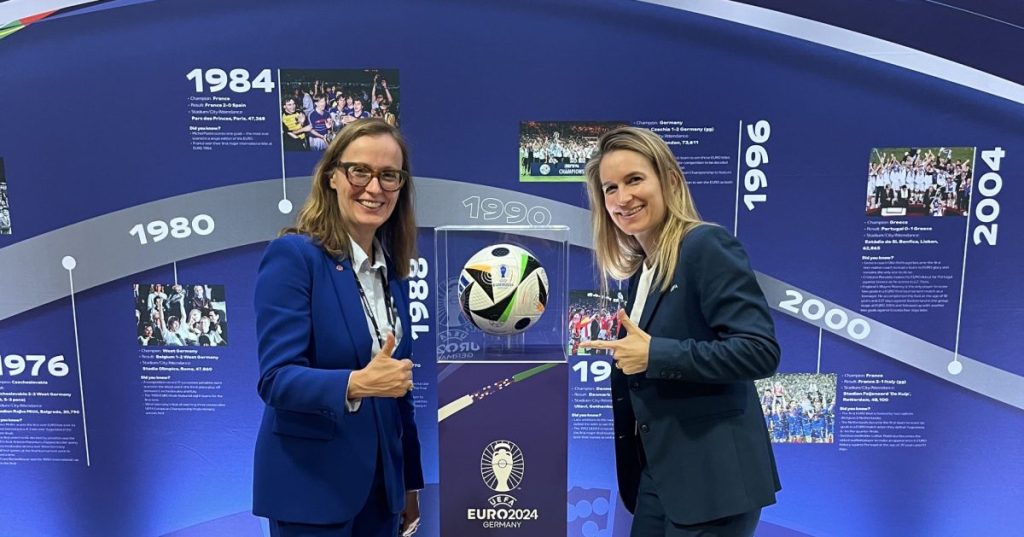
How to plan a large event like the Euros
By using the Euros as an example we can learn a great deal about what it takes to organize and execute a large-scale event. Here are the seven key points I have found to be fundamental to the process:
1. Define your event goals and objectives
The first step in planning is to clearly define the goals and objectives of the event. For the Euros, the primary goal is to host a world-class football tournament that also promotes European unity and showcases the host nation’s hospitality. Specific objectives include delivering an outstanding attendee experience, ensuring financial viability, and maximizing the positive impact on the local economy and community.
2. Identify your target attendees
Understanding the target audience is crucial. The Euros not only attracts football fans, but also families, tourists and corporate guests. Each group has different needs and expectations, which must be catered to in the planning process.
For instance, corporate guests may require VIP hospitality services, while families might seek child-friendly activities and accommodations.
3. Develop an event concept and theme
Creating a cohesive event concept and theme helps in unifying all elements of the event. For the Euros, this might involve themes of sportsmanship, cultural celebration, and European solidarity.
These themes will be reflected in the branding, marketing materials, and event programming.
4. Establish a realistic budget
A well-defined budget is essential for managing resources effectively, ensuring the event remains financially viable. The value of media rights for Euro represents the largest proportion of total income and it is around 1.2 billion euros!
If we add sponsorship as another revenue stream alongside the ticketing, hospitality and licensing fees for production of official tournament merchandise, we come to the – quite incredible – value of around 1.9 billion. The vast majority, of which (almost 80%), UEFA is redistributing back into the continued development of European football.
5. Choose the right venue and event space
Selecting appropriate venues is critical. The stadiums need to accommodate large crowds, while other spaces must cater to various side events, ensuring accessibility and comfort for all attendees.
For example, Berlin’s Olympiastadion, with a capacity of over 74,000, will host key matches, while smaller venues will be used for fan zones and cultural events.
6. Create a detailed event schedule and agenda
A comprehensive schedule ensures that all activities are well-coordinated, from matches and entertainment to workshops and networking events. This helps in maintaining a smooth flow and maximizing attendee engagement.
The schedule will include match timings, fan zone activities, transportation schedules, and security briefings.
7. Build an event team and assign responsibilities
In order to have each step meticulously planned and executed, a dedicated team is crucial. Assign clear roles and responsibilities to ensure all aspects of the event are managed efficiently – from logistics to guest relations.
The team will need to include event managers, planners, specialists, coordinators, match, media, venue and other managers, volunteers, security personnel and hospitality staff, all working together to deliver a seamless experience. The UEFA team has slightly around 600 people with an additional 1000 working on close end contracts for the EUROs.
What digital tools are they using to support an event of this size?
Modern technology plays a pivotal role in managing events, especially large-scale events like the Euros. Event management software streamlines the planning process, offering features like scheduling, registration, attendees management and communication tools while platforms provide comprehensive solutions for enabling real-time updates and efficient coordination.
Atos is the official IT partner at the Euros, and is looking after event management systems, diffusion systems, cybersecurity, infra and cloud management, and all the additional IT support.
What finer details go into making this event memorable?
Creating a memorable experience involves attention to detail and a focus on the attendee’s journey. Key elements include:
Creating an engaging and memorable attendee experience: interactive sessions, engaging activities, and personalized experiences make attendees feel valued. For example, fan engagement zones with virtual reality experiences and football skill challenges.
Designing interactive event agendas and breakout sessions: offering diverse and interactive sessions keeps the audience engaged and interested. Workshops and panels on football tactics, history, and culture add depth to the experience.
Planning networking and socializing opportunities: facilitating connections and social interactions enhances the overall experience. VIP lounges, corporate hospitality suites, and fan meet-and-greets are key elements. It is also a great opportunity for workshops, exchanging knowledge and experiences during the mornings, when games are not scheduled.
Providing optimal table layout and seating options: comfortable and strategic seating arrangements improve attendee satisfaction. Ensuring clear visibility and easy access in fan zones and hospitality areas is crucial. Incorporating visual identity and branding elements: consistent branding throughout the event reinforces the event’s identity and message. From signage to merchandise, a strong visual presence enhances recognition and engagement. There is not a single place that is not branded, from VIP Euro hotels to every single place in and around the stadium.
Enhancing attendee engagement and participation: interactive technologies and activities keep attendees actively involved. Mobile apps offering real-time updates, interactive maps, and personalized schedules enhance the attendee experience.
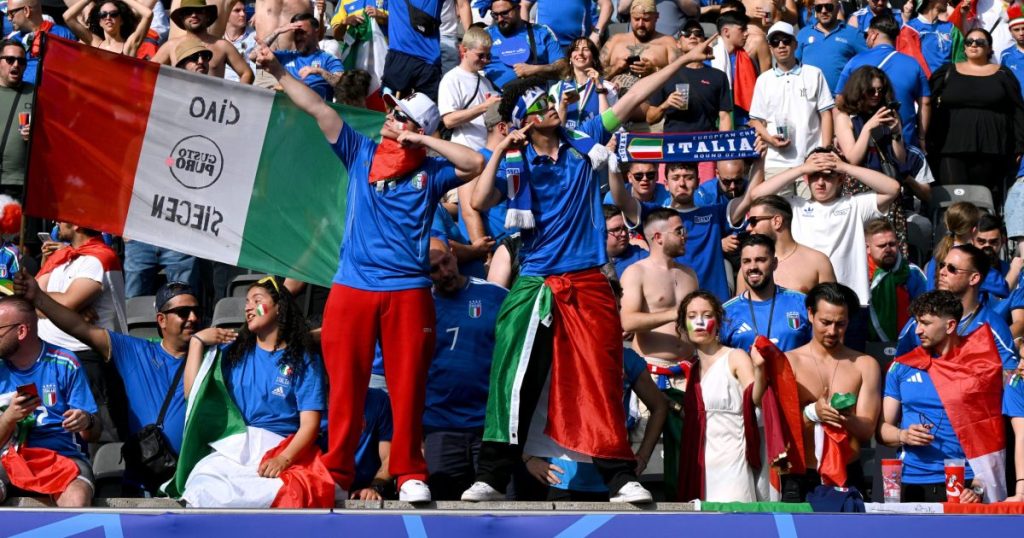
Managing the risks in such a large scale event
Risk management is a critical aspect of planning large events. Event planners must anticipate potential risks and develop comprehensive contingency plans. This includes security measures, medical services, and emergency protocols to ensure the safety and well-being of all attendees.
For the Euros and similar large scale events that include lots of people and emotions, like music concerts, for example, extensive security planning involves collaboration with local police, private security firms, and emergency services to manage crowds and prevent incidents. They must respond swiftly to any emergencies and at the Euros this is no different. Having all covered by insurance also brings peace of mind.
The art of creating unforgettable experiences
Planning a large-scale event like the European Championship requires a harmonious blend of precision and passion. It’s about more than just hosting a football tournament; it’s about creating an unforgettable experience that resonates with hundreds of thousands of people. With meticulous planning, the right tools, and a dedicated team, the Euros 2024 in Germany is set to be a phenomenal event, showcasing the perfect synergy between sport and hospitality. As an event expert and a passionate football fan, I’m thrilled to be part of this incredible journey, witnessing first-hand the magic of when precision meets passion.
The Euros 2024 will not only be a celebration of football but also a testament to the power of well-executed event planning. The economic impact on Germany will be substantial, with tourism, local businesses, and hospitality while claiming to be the most sustainable European championship of all time.
Show references
- https://www.uefa.com/
- https://www.2024-hospitality.com/en/global/home

